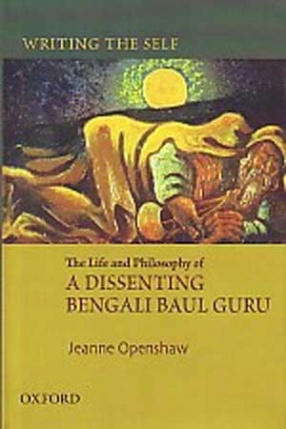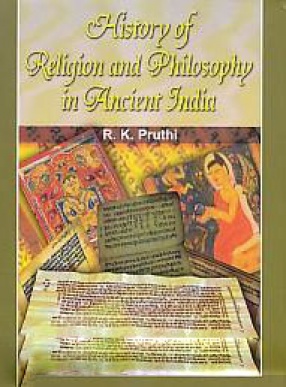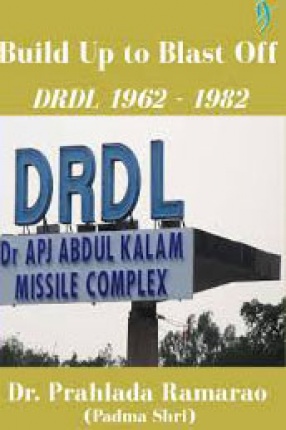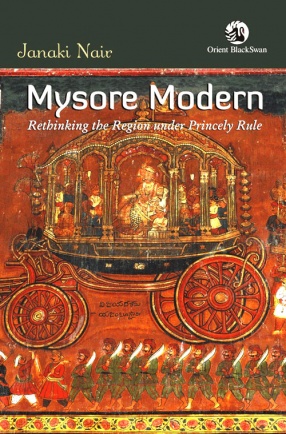Renowned as wandering minstrels and mystics from India and Bangladesh, Bauls have attained iconic status as representatives of the 'spiritual East'. Studies on their beautiful and enigmatic songs, however, rarely relate to their social and historical contexts, or to the lives of individual composers. Focusing on the early twentieth-century autobiography of a guru and composer, Raj Krishna, this book brings forth his 'many selves' as well as Baul contributions to sub-continental debates on the nature of the self.
Situating Baul songs in a larger socio-historical perspective, this book examines the life, 'lineage', and legacy of Raj Krishna in the context of colonial Bengal. Combining autobiography with detailed fieldwork and oral historical research concerning Raj and his disciples, Jeanne Openshaw challenges the stereotypical portrayal of the Bauls and orientalist notions of the 'Mythical East. She argues that Raj 'wrote the self' in a variety of ways as his status and notions of self changed.
Raj used different notions of the self to challenge the social, religious and gender distinctions of conventional society, as well as to restore autonomy to individual human beings. A complete transliteration of his original autobiography–Jiban-carit–has also been provided. This and Raj's other writings bring to visibility the love of his life, Rajesvar, also identified with his 'self'. A zero-sum relationship between the male guru and female partner is reflected in the interlinking of gender and social hierarchies in wider social formations.
This book provides a comprehensive picture of the religious and socio-cultural world of the Bauls. It will be of particular interest to scholars and students of religion, cultural history, and anthropology particularly those concerned with the Bauls and Bengal. It will also appeal to the general reader interested in autobiographies.





There are no reviews yet.